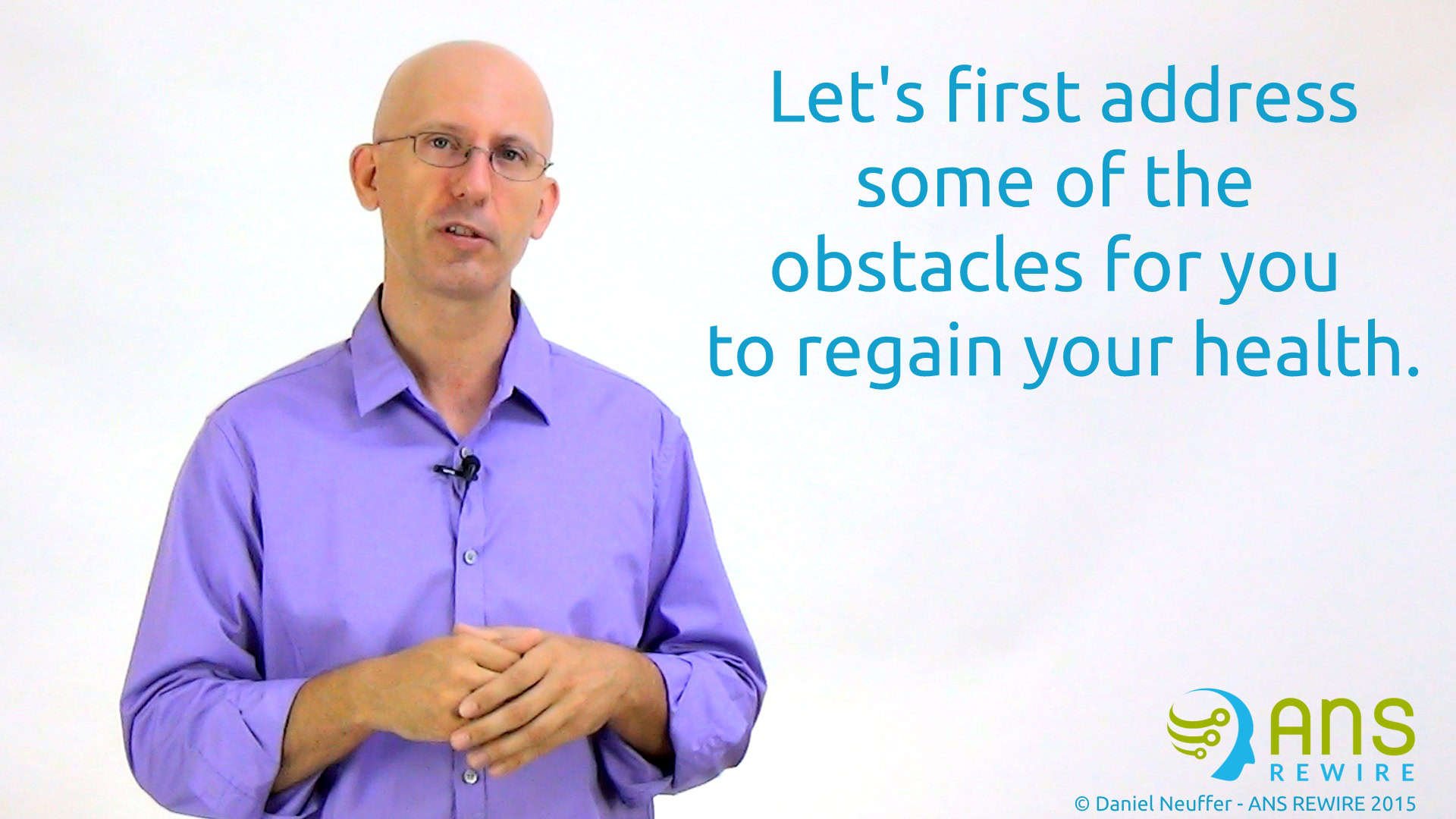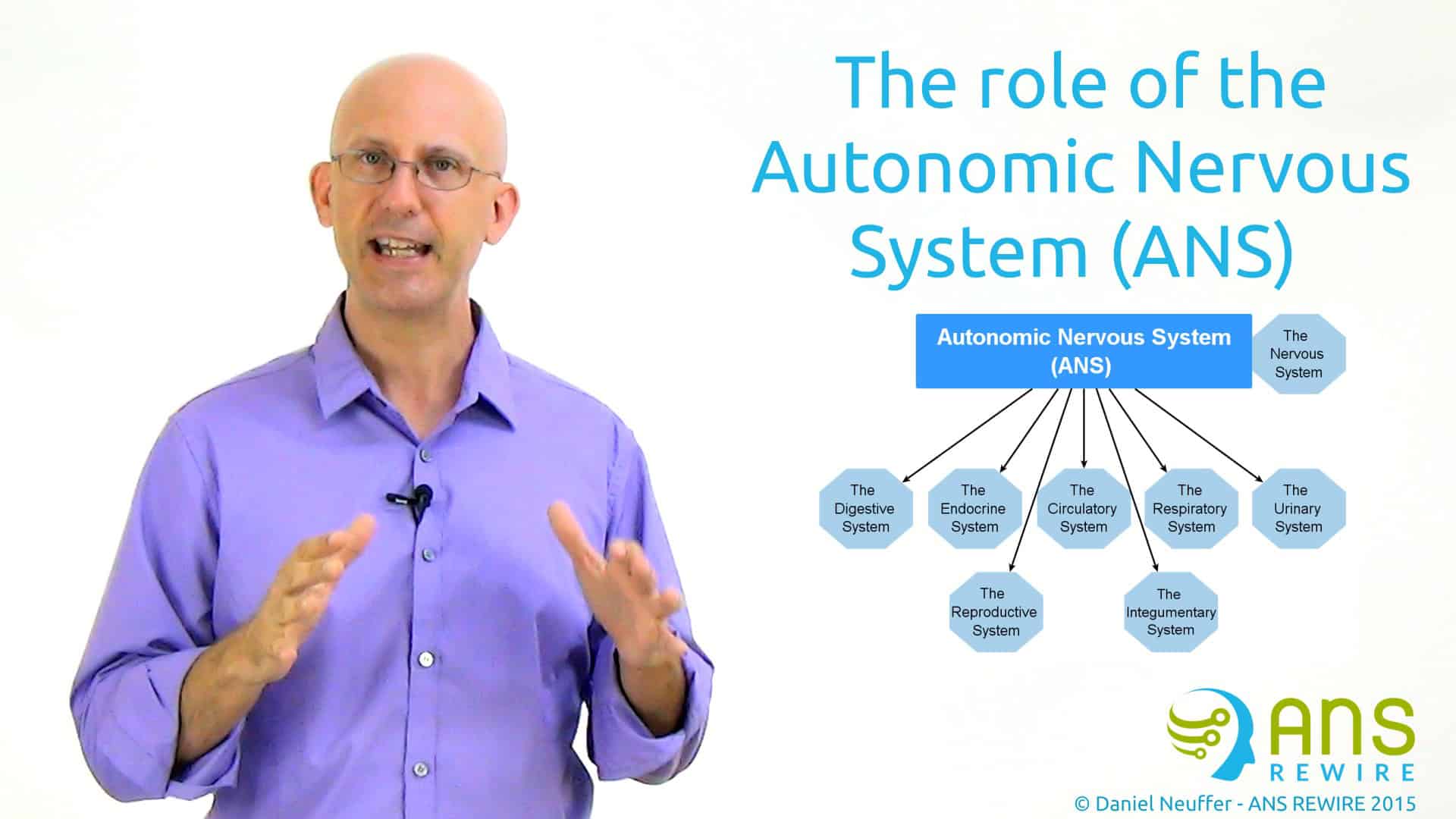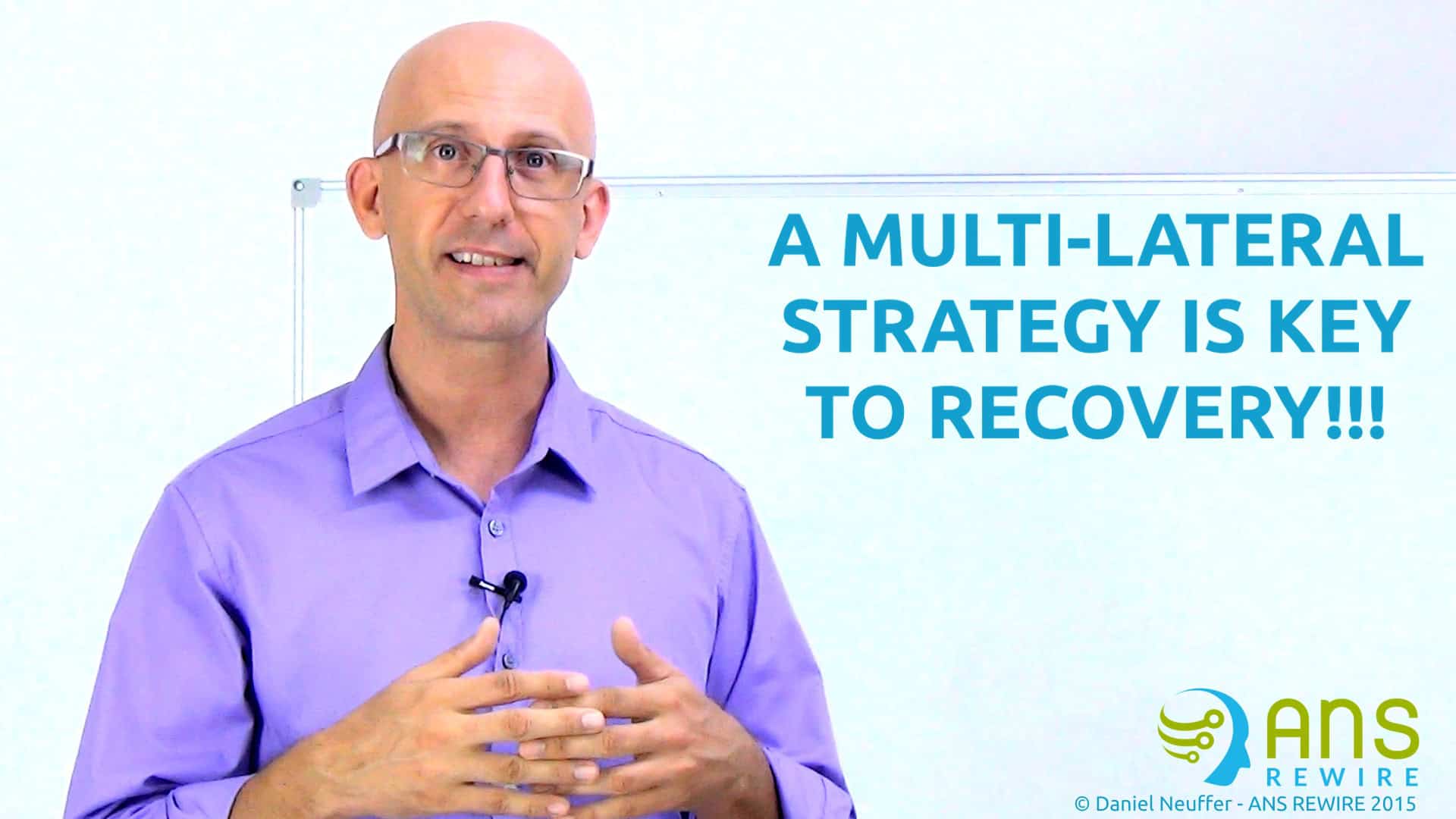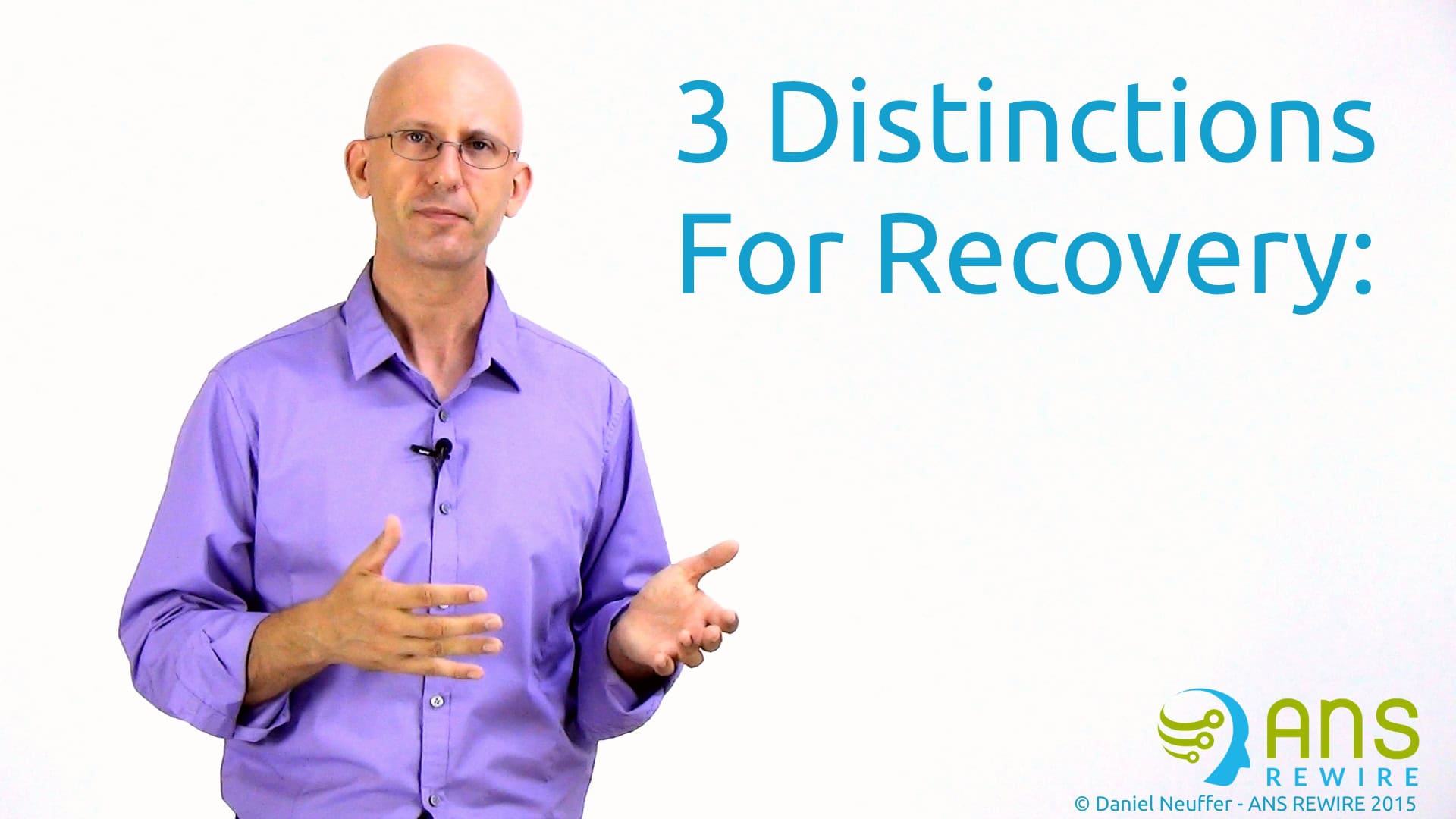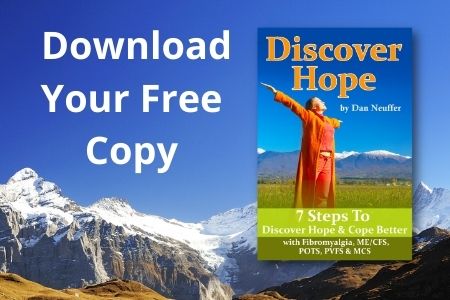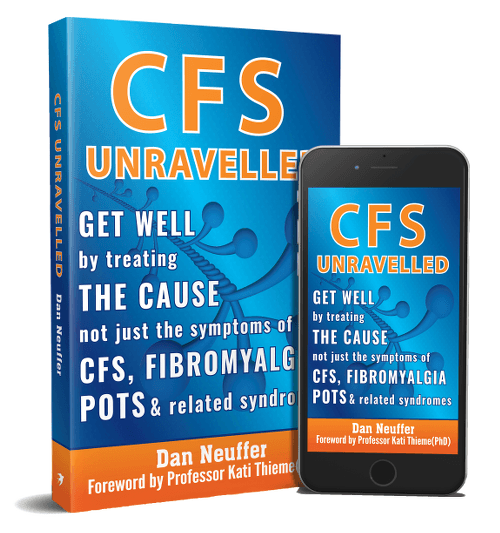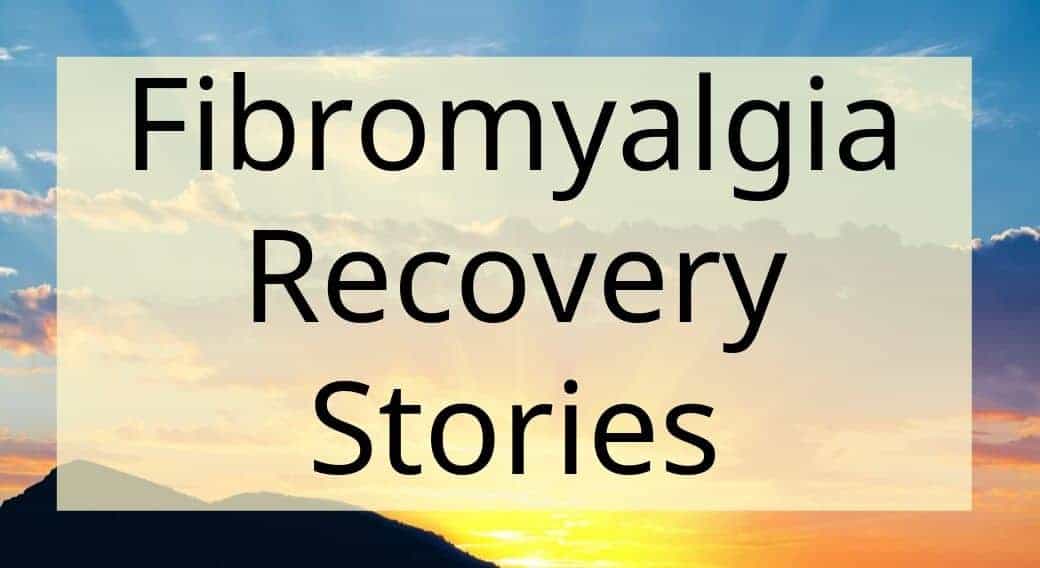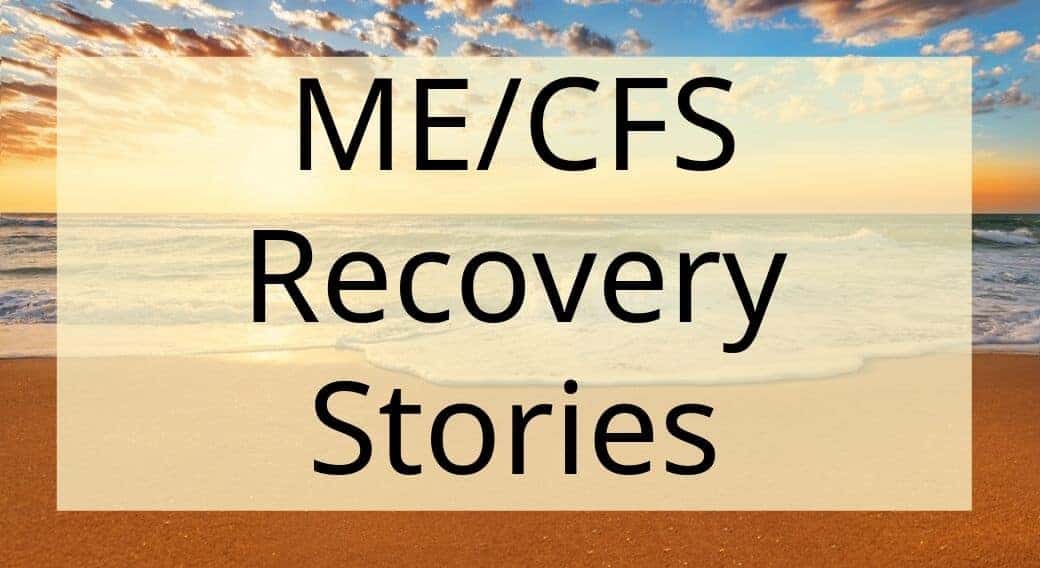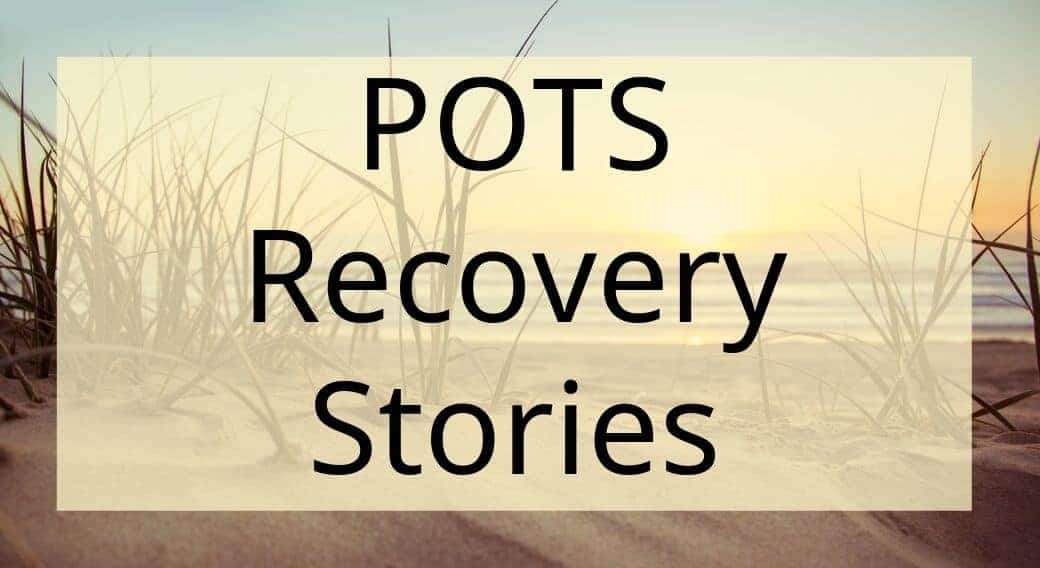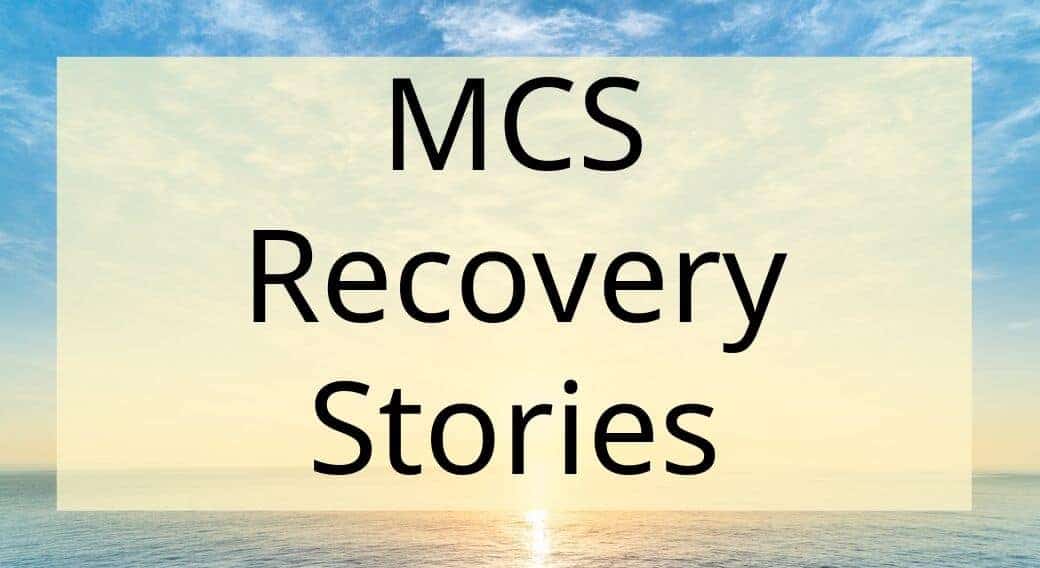Show Notes
Struggling to set goals while living with chronic illness? In this episode, Dan Neuffer shares a fresh perspective on goal setting that focuses on small, actionable steps instead of overwhelming outcomes. Learn how to embrace progress, regain hope, and move forward in your recovery journey—one step at a time.
Key Takeaways:
- Why traditional goal setting may feel impossible for those with chronic illnesses.
- A new way to approach goals: focus on actions, not destinations.
- The importance of progress over perfection in recovery and life goals.
- Small successes that build morale and spark joy.
Join the conversation: What’s your biggest obstacle in setting goals? Share your thoughts in the comments!
Timestamps
| Introduction: Setting Goals with Chronic Illness | 0:00:00 |
| Understanding the Obstacles | 0:01:47 |
| A New Approach to Goal Setting | 0:02:54 |
| Focusing on Actions, Not Outcomes | 0:04:34 |
| Taking Small Steps Forward | 0:07:08 |
| Maintaining Morale and Measuring Progress | 0:09:17 |
| Overcoming Emotional Barriers | 0:11:45 |
| Committing to Consistent Action | 0:14:58 |
Links
Here is a link to the ANS REWIRE program.
Transcript
Hi there.
Have you ever wondered how to set meaningful goals when you're dealing with chronic illnesses like ME/CFS, fibromyalgia, POTS, MCS, post-viral fatigue syndrome, or long COVID? Or maybe you're thinking of goals. Seriously, I can barely manage to keep things going as they are — I used to feel like that.
My biggest ambition when I was in bed was simply to make it to the toilet. And even on the better days, I'd push myself just a little bit and I'd end up in a flare-up. So, I completely gave up on this notion of goal setting. But the truth is, goals aren't just about lofty aspirations, they're about reclaiming your life because without goals another year could just go by with you being stuck in the same place.
In this video, I'll show you a different way to think about goals. We often tell ourselves we can't pursue goals because we're too exhausted or too distressed with chronic illness. But after helping people for over a decade now, I've seen that it's actually often other factors that hold us back. So, let's explore how to create realistic, motivating goals that inspire action and finally help you move forward.
I wonder what you think. It's the core issue for people with chronic illnesses around goals. What's stopping you making goals? If you like, take a moment to pause the video and write a comment below about the biggest obstacles to making goals for you. Most people I speak to find that life with chronic illness can be really quite overwhelming.
It's exhausting, frustrating, even hopeless sometimes. And when it comes to our health goals, we often chase every possible treatment until we burn out and give up completely dropping our recovery goals, big goals, like full recovery. They sound amazing, but can't force yourself to heal. You can't control every aspect of recovery and life goals like finishing your studies.
Finding a job, traveling, returning to sport, it can feel impossible when a flare-up might derail everything. So, it's understandable to feel like goals with chronic illness are just unrealistic dreams. I've experienced this firsthand during my 7 years with ME/CFS, fibromyalgia and POTS as well as my more recent health challenges.
So, I'm not going to tell you, “Hey, just snap out of it.” Instead, let's look at a more realistic way and a practical way to move forward. For those who don't know me, I'm Dan Neuffer, author of CFS Unravelled and the creator of the ANS REWIRE recovery program for people with ME/CFS, fibromyalgia, POTS, MCS, post-viral fatigue syndrome, and in some cases, long COVID.
In this video, I'll focus primarily on recovery goals, but also on the touch on life goals, since these are deeply connected to each other. So, let's dive in.
You've heard the saying, “if you always do what you've always done, you'll always get what you always got.” The first thing that might help you, is to commit to something new, something different.
It strikes me that the problem for many of us, is that we think of some goals, some destination, and when we envisage all the things we, we need to do to get there, it's just overwhelming, right? Maybe you've already tried many times to achieve your goals, both for recovering your health as well as your personal goals, only to be stopped in your tracks by fatigue, pain, or other symptoms.
And so, it's easy to think, what's the point? And that isn't really wrong. I mean, sure, we can try again, but really, if we're going to do the same thing, is it really likely to be different this time around? That's why we have to try a new approach. And it's not just about what you do, but how you do it. So, if you're feeling that the idea of doing all these things to reach your goals seems overwhelming, then perhaps a better approach for you is, is to focus not on the outcome, which creates this burden of lots and lots of action, which needs to be done to get there, but instead focus on the actions themselves.
You know the saying, it's not about the destination, it's about the journey. If you make the journey your goal instead of the destination, then it immediately breaks it down to a smaller task. Let me give you an example. If you were single, and your goal was to be married and have a child, think about how much would be involved, especially if you're chronically ill.
You'd need to get healthier, start dating, build a relationship, get to know each other, and perhaps you might realize that you're not compatible. Break up? You'd have to get over the breakup. You'd have to find a new relationship. You might do this multiple times, then you get engaged, then you have to plan a wedding, get married, and you've got to stay healthy through all of this, and then get pregnant.
It's exhausting to think about, even if you're fully well. But if you're focused on actions and not getting too carried away with the time frame or all the details, you might simply focus on stabilizing your condition somewhat and strengthening your social networks in relation to hobbies or interests or general friendships.
Again, not focused on the outcome, not how is this possible or that's too hard, how will it last and so on. So, just focusing on actions that move you in the right direction without the judgments or worries about where it leads and if it'll work out perfectly. Another way of thinking about it is, it's that you're taking all the pressure off.
Your goal is no longer your goal. Your goal is simply doing something towards the goal. So your goal is not to reach the top of a mountain. Your goal becomes to take a step forward up the mountain. Now if you're anything like I was, you might say, hang on, that's the problem. I can't follow through. I can't take the action when I'm not well.
Well, that makes us shift to number two. One trap I used to fall into was setting goals that were too grand. I'll compete in sports. I'll write a book. I'll travel the world. I'll start a new career. I'll get married and have kids. When we're still struggling to take even the smallest step, these huge goals feel unrealistic.
And then as soon as we stumble at that first step, it all seems silly, right, or impossible. Picture this. You want to go back to study and the moment you open the university website, you feel overwhelmed and exhausted and maybe you need to lie down. It's easy to think, what a joke. And right now, maybe it is unrealistic.
Maybe you need more time to build your recovery first. But there's another way. Maybe you could enroll just in one subject Or join a community college course. Maybe you could do a little pre-reading or speak with a course convener about your partial, part-time study options. The point here is seek progress, not perfection.
It's the same with your recovery. Maybe the idea of being fully recovered seems too big right now. That's okay. Aim for partial recovery instead. You can always change your goals when you reach that milestone. In the ANS REWIRE program, we focus on taking things step by step, doing things at our own pace. Do the lessons at your own pace.
Just do a little bit of homework. Just a little step after today's lesson. Just make a little change to your lifestyle, your diet. Learn how to integrate brain training with your activity level. Just make an inquiry with a healthcare professional about how to bring their help into your recovery plan.
Little steps every day. You know, I think morale is everything. When we're taking steps forward, we feel empowered. When we have a little positive experience, whether it's some recovery progress or a little bit of joy from changing how we engage with life, it gives us a boost that we can use to do more to change our life.
That's why we measure our recovery progress in the program and why I would encourage you to get some kind of positive experiences with your life goals, even small ones. For instance, if you love playing the sport of squash, visit the court, hold the racket, and listen to the other players playing. And if you feel up to it, one day you maybe hit a couple of balls.
Let yourself feel that spark again. Too often we bury that spark because we're afraid of disappointment. We think that if we can't do it properly, I don't want to do it at all. So, we bury that desire because it causes us too much pain not to fulfill it. But what we're really doing is we're burying our hope.
If you get a comprehensive multilateral recovery plan and you make some recovery progress, you might go from holding the racket to hitting the ball for a minute or two. You can progress from that to maybe spending 5 or 10 minutes on the court, playing around on your own. And as you progress a little more, you might even hit up with someone for a few minutes.
Each little success drives you forward, gives you some joy, some excitement. It keeps you on track with your recovery actions. It reminds you that when you feel like, you know, skipping things that you're supposed to be doing, or when you think about doing the wrong thing, you go, “Hey, there's a point to all this.”
I'm going to stay on track. So, not only are we not getting overwhelmed by focusing on this huge body of action required to reach goal. But we're letting our actions fuel us and build our morale. Seek progress, not perfection. So, consider some actions that might move you forward. Whether that be enrolling in a recovery program like ANS REWIRE.
Exploring a new treatment or therapy or some kind of social engagement or doing something you're interested in. I understand this can feel difficult now, but I'm going to encourage you gently to ask yourself, what's really holding me back? When I reflect on my own journey, I don't think I ever fully answered such questions.
I just had like a surface answer like, it won't work, or there's no point, or something like that. You know, it's normal to feel fear, discomfort, or to worry about costs or logistics. We are really vulnerable when chronically ill, more than we often realize ourselves. And everything can feel like it's too much.
Even things that don't need to but just because it's normal, doesn't mean it's good. So, remember what we talked about before? We need to take action, new action, so that way, we can move past being stuck. A lot of getting unstuck has to do with deciding to become unstuck and committing to yourself, showing yourself the same kind of love, compassion, and dedication that you would show someone else.
Let me help you understand what I'm talking about here. Think about caring for someone you love, like a young relative that was ill and need to get a specific therapy or treatment from a doctor. Would you let it linger? Would you say, I don't know if that therapy will work? Or would you say, I can't get to the doctor because he's too far away, or that doctor is too expensive?
Or would you say, I can't take him or her there to the doctor because I have to work. Let's face it. When the stakes are high enough for someone we love, we find a way no matter what. So, we need to explore our own responses more deeply. So, instead of just saying, “I don't know if that therapy will work”, we follow up with, “how will I know if it will work?”
And that's it. What will I lose if I try it and it doesn't work? What if it will work? And then, thoughts appear, like, maybe it'll work somewhat, or maybe they will suggest something else for me to do. Yeah, I've experienced that. I tried the same type of therapy with a fifth therapist. Seriously, a fifth, when the first four didn't really work, they showed some promise, but not what I would call results.
So, what happened with the fifth therapist? They referred me to a sixth one who was a specialist, and guess what? I had a little breakthrough. I would never have found that therapist if I hadn't tried it one more time with someone new. The point is to move forward. We need to have a deeper conversation with ourselves and explore and challenge our answers.
And you know this, this is 100 percent what you do with somebody else that you love. If you knew someone that was depressed, let's say, and they said psychotherapy didn't work for them, of course, you'd suggest they see someone else, right? Yeah. Yeah. Maybe a different therapist, or maybe a different type of therapist.
We don't give up on the people we love, and we shouldn't give up on ourselves. It's hard sometimes, but you can do it. We all can. Now, here's an important point, getting past, being stuck doesn't mean bullying yourself to do something that isn't right for you. If you've explored things in some depth and decided that something is not for you, fine.
But the question is, have you found something else that you are willing to try? And if not, why? Is it truly because no option in the world suits you? Or is it a fear or resistance? When you feel blocked, try these four steps. Number one: name the emotion behind the thought. Is it fear, doubt, guilt, or something else?
What is this emotion trying to tell me? Number two: accept it as normal. You've got to realize your mind is trying to protect you. Number three: gently challenge the thought. Is that a good enough reason to stop? What is a better way to move forward? What would I recommend to someone else? What is the evidence?
Is it really true? And number four: decide on a tiny action to move you forward that addresses the emotion. Either to accept the uncertainty or the negative aspect of it all, or to challenge the validity of the statement, or to do more research on a subject that is relevant but do something. Like I said, don't force yourself to do anything.
Don't rush into every new solution just because you're desperate. Research programs, doctors or therapists. Ask about costs, time commitments and potential outcomes. And then pick one and commit to it. Stick with it long enough to give it every chance to see real results. This is why when people in other programs ask if they should switch to ANS REWIRE, I often advise against it, at least until they've given the current program the best chance to succeed.
If it doesn't work, then I encourage them to enroll in ANS REWIRE, which is multilateral and a flexible approach. But it makes no sense to jump ship if you haven't truly used the resources available. you have already invested in. It's the same with whatever social activity or goal you're talking about.
Don't rush into the next one in the name of taking action. If you had a bad experience, ask why? How can it be different this time? What do you have to look out for? What can you do differently this time? And one surprising thing I've learned from people who make real progress is that they, there aren't always the ones who have it easier, and in fact, they often have it harder.
But they act anyway, even when it feels uncomfortable or uncertain. They leave no stone unturned, but nor do they blindly rush in. So, if you are experiencing ME/CFS, fibromyalgia, POTS, MCS, post-viral fatigue syndrome or long COVID, make sure you do your homework before enrolling in ANS REWIRE, please don't just jump in, watch the four free intro lessons and then reflect on them.
And even if you watched them before some time ago, watch them again and reflect and decide if it's right for you, if it's the right way forward now. If you do decide to enroll, commit to it. If you decide not to, find something else, but commit to moving forward in some way. My message for you today is simple.
One, shift your focus to taking action. Two, seek progress, not perfection. Perhaps you can't follow through every single day, but you can always get back on the horse. Commit to taking consistent, persistent action. Start small if you need to. It doesn't have to be grandiose right away. Ask questions of yourself.
Do some research. Get help. Do something to resolve whatever is keeping you stuck with your goals. If you need to pivot, change direction. Do something else, but do something. If you're experiencing one of these conditions that I mentioned before, I encourage you to shift from trying to fix dysfunctions or symptoms in your body to understanding why they occur.
Remove the triggers that perpetuate your symptoms so there's no reason for them to persist. This is crucial to escaping this merry go round of short-term improvements followed by sudden setbacks. So, check out my book, CFS Unravelled, if you want to learn more about that. One last bonus tip. If real progress feels too hard, try a sideways step.
Thinking laterally can be really helpful. For example, if you need to change your environment but can't move right now, improve your current environment or change your internal environment instead. If you can't enroll in the program for any reason, fine. But what can you do? Read CFS Unravelled? Read another book.
Watch recovery interviews or listen to podcast episodes. Commit to some action. If you can't get out of the house to engage in a social activity, OK, but what can you do? Can you connect with people online? Do a video call once a week. Find an activity for when you are feeling a little bit better.
Again, do something. Don't wait for the perfect moment or strategy or treatment. Take a step forward or sideways. That moment when you overcome discomfort or resistance is where the greatest amount of growth happens. Don't shy away from discomfort. Embrace it and move past it. If this video resonated with you, drop a comment below about one tiny action you're committing to, and share the video with someone who might need encouragement.
Maybe you found something additional that works for you, share it in the comments also. Let's help each other. Let's keep this conversation going, community going and keep building this recovery focus. I look forward to reading your comments and supporting you in the next video.
Other Resources
CFS Unravelled is the book that started it all, outlining the explanation for the pathogenesis of ME/CFS, Fibromyalgia, POTS, MCS and related syndromes and explaining how recovery is possible.
All my email subscribers receive additional FREE resources like my book Discover Hope. So consider subscribing and reading the book to rediscover hope.
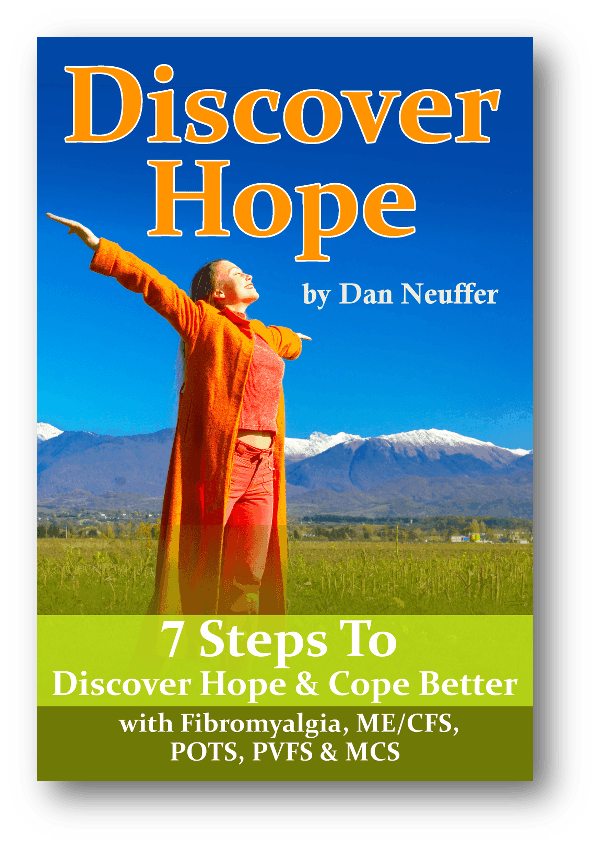
If you would like to learn more about the ANS REWIRE program, check out the 4 free intro lessons or visit the ANS REWIRE website.
Check out some other recent episodes
You can see the full list of episodes HERE.

